Mastering Islamic Studies: From First Year to BS Level
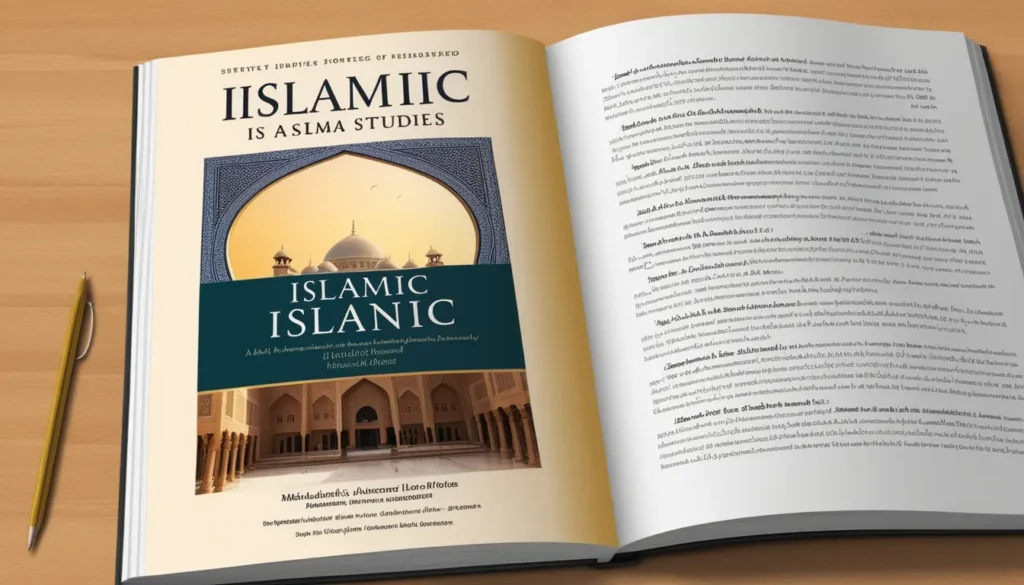
Introduction
Islamic studies is a rich and diverse field that encompasses the study of Islam’s history, theology, and cultural impact. Whether you’re a first-year student diving into the basics or pursuing a BS in Islamic studies, this comprehensive guide will help you navigate key concepts, prepare for exams, and deepen your understanding of this fascinating subject.
In this article, we’ll explore essential topics covered in first-year Islamic studies books, provide valuable multiple-choice questions (MCQs) for self-assessment, and offer insights into advanced concepts encountered in BS Islamic studies programs. By the end, you’ll have a solid foundation for your academic journey in Islamic studies and be better prepared for exams and coursework.
Understanding the Basics: First-Year Islamic Studies

First-year Islamic studies courses lay the groundwork for a deeper understanding of Islam. Let’s explore the key topics typically covered in first-year textbooks and examine some sample MCQs to test your knowledge.
Key Topics Covered in First-Year Islamic Studies Books
- Introduction to Islam
- Islam is a monotheistic religion that emphasizes submission to Allah (God) and following the teachings of Prophet Muhammad (PBUH).
- The Five Pillars of Islam are Shahada (declaration of faith), Salah (prayer), Zakat (charity), Sawm (fasting during Ramadan), and Hajj (pilgrimage to Mecca).
- The Six Articles of Faith include belief in Allah, His angels, His books, His messengers, the Day of Judgment, and divine predestination.
- Life of Prophet Muhammad (PBUH)
- Born in Mecca in 570 CE, Muhammad received his first revelation at age 40.
- The Hijra, or migration to Medina, occurred in 622 CE, marking the beginning of the Islamic calendar.
- In Medina, Prophet Muhammad established the first Islamic state, serving as both a spiritual and political leader.
- Quranic Studies
- The Quran was revealed over 23 years and compiled into a single book after the Prophet’s death.
- Major themes in the Quran include monotheism, prophethood, ethics, and the afterlife.
- Basic Quranic sciences involve the study of Quranic grammar, vocabulary, and principles of interpretation.
- Islamic History
- The Rightly Guided Caliphs (Abu Bakr, Umar, Uthman, and Ali) led the Muslim community after the Prophet’s death.
- Major Islamic dynasties include the Umayyads, Abbasids, and Ottomans.
- Islam spread from the Arabian Peninsula to parts of Africa, Asia, and Europe.
- Islamic Law (Sharia)
- Sources of Islamic law include the Quran, Sunnah (Prophet’s teachings), Ijma (consensus), and Qiyas (analogical reasoning).
- Major schools of Islamic jurisprudence are Hanafi, Maliki, Shafi’i, and Hanbali in Sunni Islam; Ja’fari in Shia Islam.
- Islamic ethics emphasize justice, compassion, and moral behavior.
Sample MCQs for First-Year Islamic Studies
Test your knowledge with these sample multiple-choice questions:
- Which of the following is NOT one of the Five Pillars of Islam? a) Salah (Prayer); b) Sawm (Fasting); c) Jihad; d) Zakat (Charity)
- In which year did the Prophet Muhammad (PBUH) migrate to Medina? a) 610 CE; b) 622 CE; c) 632 CE; d) 642 CE
- Who was the first Rightly Guided Caliph? a) Umar ibn Al-Khattab b) Ali ibn Abi Talib c) Abu Bakr As-Siddiq d) Uthman ibn Affan
- Which of the following is NOT a source of Islamic law? a) Quran; b) Sunnah; c) Ijma; d) Tafsir
- The Night of Power (Laylat al-Qadr) is associated with which event in Islamic history? a) The birth of Prophet Muhammad (PBUH); b) The first revelation of the Quran; c) The migration to Medina; d) The conquest of Mecca.
Advancing Your Knowledge: BS Islamic Studies
As you progress to a BS in Islamic Studies, you’ll encounter more advanced topics and develop a deeper understanding of Islamic thought and scholarship. Let’s explore some key areas of study and career opportunities in this field.
Also Check Urdu Grammar (4th to 10th) Free PDF 2024 Read Online
Core Areas of Study in BS Islamic Studies Programs
- Advanced Quranic Studies
- Tafsir (Quranic exegesis) involves in-depth study of Quranic interpretations by classical and contemporary scholars.
- Quranic Arabic and linguistics focus on analyzing the linguistic nuances and rhetorical devices in the Quran.
- comparative study of Quranic interpretations examines various schools of thought in Quranic exegesis.
- Hadith Sciences
- Authentication and classification of Hadith involve understanding the methodologies used to verify the authenticity of prophetic traditions.
- Major Hadith collections include Sahih al-Bukhari, Sahih Muslim, and Sunan Abu Dawood.
- Principles of Hadith criticism analyze the chain of narrators (isnad) and text (matn) of Hadith.
- Islamic Philosophy and Theology
- Major schools of Islamic thought include Ash’ari, Maturidi, and Mu’tazilite theological perspectives.
- Islamic mysticism (Sufism) explores the spiritual dimension of Islam, including major Sufi orders and practices.
- Contemporary Islamic philosophy examines modern thinkers’ responses to philosophical challenges.
- Comparative Religion
- Islam’s relationship with other Abrahamic faiths explores commonalities and differences with Judaism and Christianity.
- Interfaith dialogue and understanding develop skills for constructive engagement with other religious traditions.
- Islamic perspectives on religious pluralism analyze various Muslim approaches to religious diversity.
- Islamic Economics and Finance
- Principles of Islamic economics include concepts like prohibition of interest (riba) and ethical investment.
- Islamic banking and finance study Sharia-compliant financial instruments and institutions.
- Zakat and Islamic charity systems explore the role of obligatory and voluntary charity in Islamic economics.
- Islamic Art and Architecture
- Historical development of Islamic art traces the evolution of artistic styles across different Islamic civilizations.
- Major styles and periods in Islamic architecture include iconic structures like the Dome of the Rock and the Taj Mahal.
- Calligraphy and Islamic decorative arts examine the spiritual and aesthetic dimensions of Islamic visual culture.
Research Methods in Islamic Studies
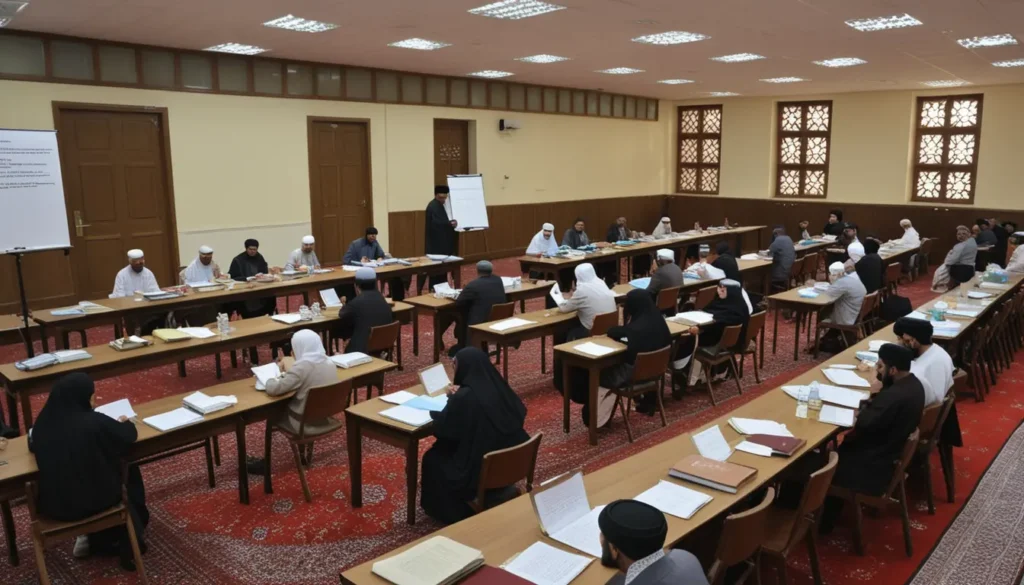
Developing strong research skills is crucial for success in a BS Islamic Studies program. Key aspects include:
- Primary and secondary sources in Islamic studies
- Critical analysis of historical texts
- Contemporary approaches to Islamic studies research
Career Opportunities with a BS in Islamic Studies
A degree in Islamic Studies can lead to various career paths, including:
- Academic roles (teaching and research)
- Religious leadership and counseling
- Cultural and interfaith organizations
- Islamic finance institutions
- Government and policy advisory roles
Effective Study Strategies for Islamic Studies
To excel in your Islamic studies coursework, consider the following strategies:
- Develop a Strong Foundation in Arabic
- Importance of Arabic in understanding primary texts
- Resources for learning Quranic and classical Arabic
- Engage with Primary Texts
- Reading the Quran and Hadith collections
- Studying classical works of Islamic scholarship
- Utilize Online Resources
- Reputable Islamic studies websites and databases
- Online courses and lectures from renowned scholars
- Join Study Groups and Discussion Forums
- Benefits of collaborative learning in Islamic studies
- Finding and participating in academic discussions
- Attend Seminars and Conferences
- Staying updated with current research in Islamic studies
- Networking opportunities in the field
Preparing for Islamic Studies Exams: MCQ Strategies
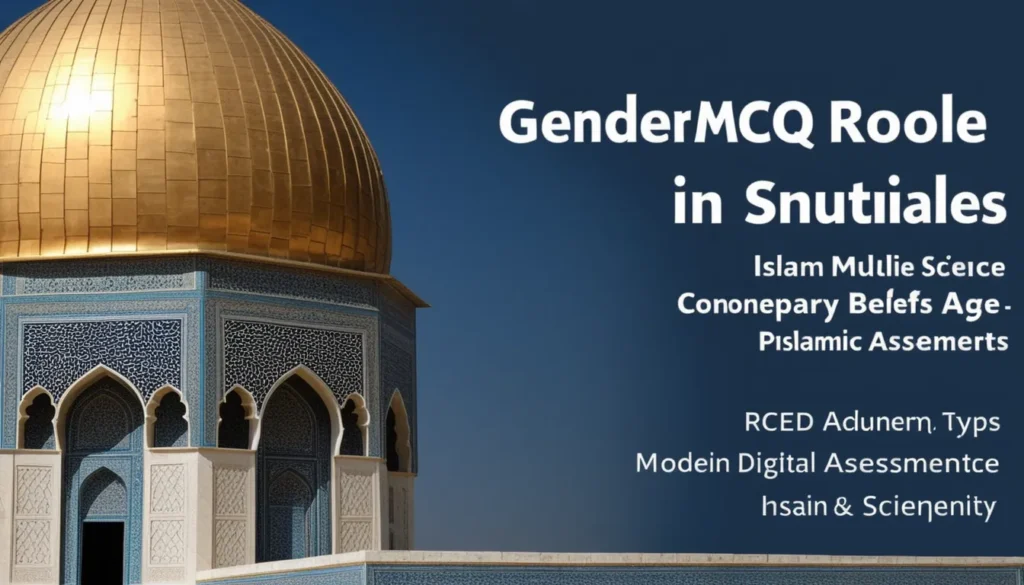
Multiple-choice questions (MCQs) are a common assessment method in Islamic studies. Here are some strategies to excel in MCQ exams:
- Understanding MCQ Formats in Islamic Studies
- Types of questions commonly asked
- Recognizing distractors and red herrings
- Effective MCQ Answering Techniques
- Process of elimination
- Managing time during exams
- Dealing with uncertainty and guessing strategies
- Creating Your Own MCQ Study Materials
- Writing effective practice questions
- Using MCQs for self-assessment and revision
Contemporary Issues in Islamic Studies
As you advance in your studies, you’ll encounter various contemporary issues that intersect with Islamic thought:
- Islam in the Modern World
- Challenges and opportunities for Muslims in secular societies
- Islamic responses to globalization and modernity
- Gender and Islam
- Women’s rights in Islamic thought
- Contemporary debates on gender roles in Muslim societies
- Islam and Science
- Historical contributions of Muslims to scientific advancement
- Reconciling Islamic beliefs with modern scientific discoveries
- Islamic Ethics in the Digital Age
- Applying Islamic principles to new technologies
- Ethical considerations in social media and online behavior
Conclusion
Embarking on a journey through Islamic studies, from your first year to advanced BS-level courses, offers a profound opportunity to deepen your understanding of one of the world’s major religions. By mastering the foundational concepts, engaging with advanced topics, and developing critical thinking skills, you’ll be well-equipped to excel in your studies and contribute meaningfully to the field.
Remember, Islamic studies is not just about memorizing facts; it’s about understanding the rich tapestry of Islamic thought, history, and culture. As you progress in your studies, continue to ask questions, seek diverse perspectives, and apply your knowledge to contemporary issues.
We encourage you to use the resources and strategies outlined in this guide to enhance your learning experience. Whether you’re preparing for exams, conducting research, or exploring career opportunities, the field of Islamic studies offers a wealth of knowledge and personal growth.
What aspects of Islamic studies do you find most intriguing or challenging? Share your thoughts and experiences in the comments below, and let’s continue this enlightening discussion!
Read Online Lecturer Islamiyat Full Book 2024 For More Research
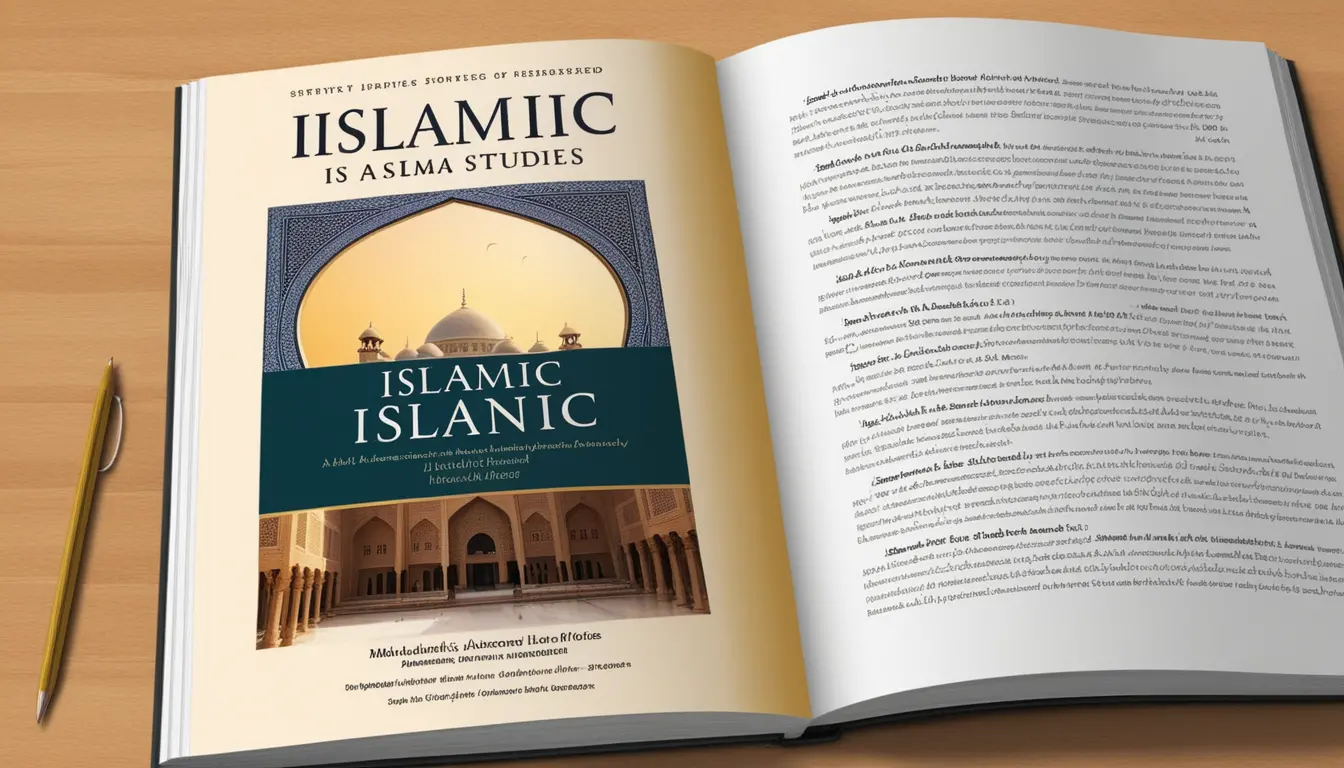
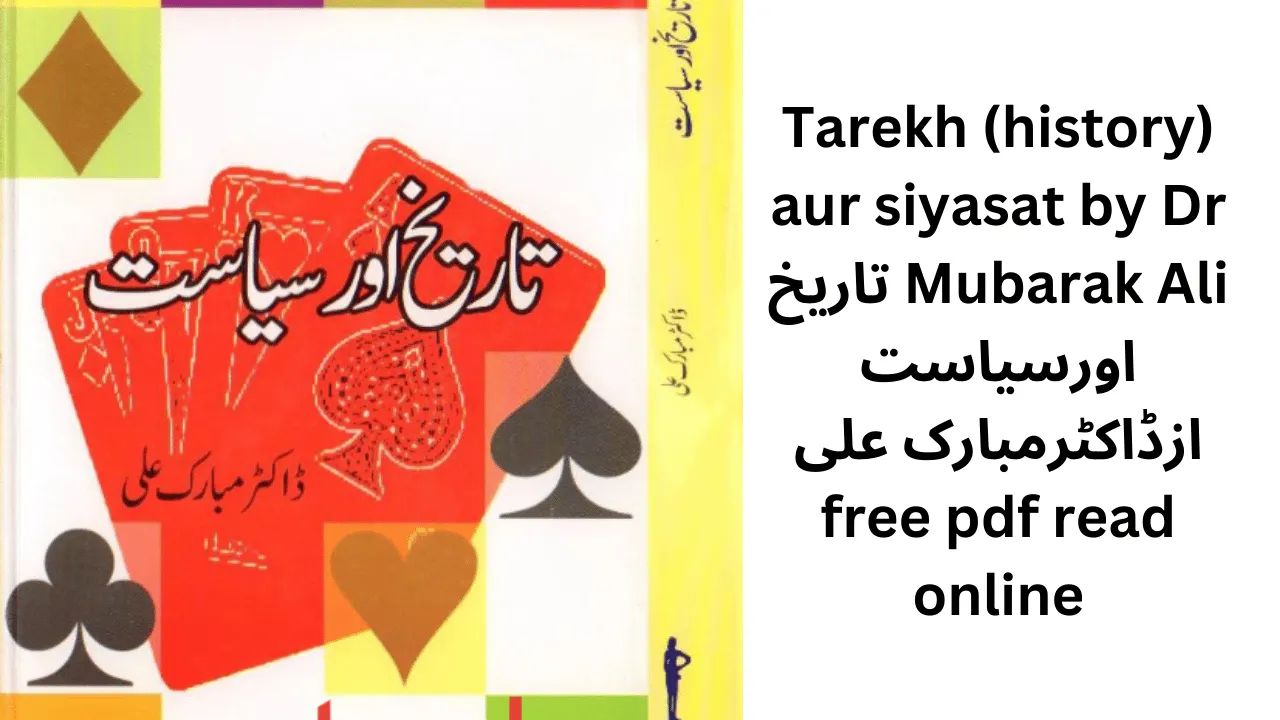
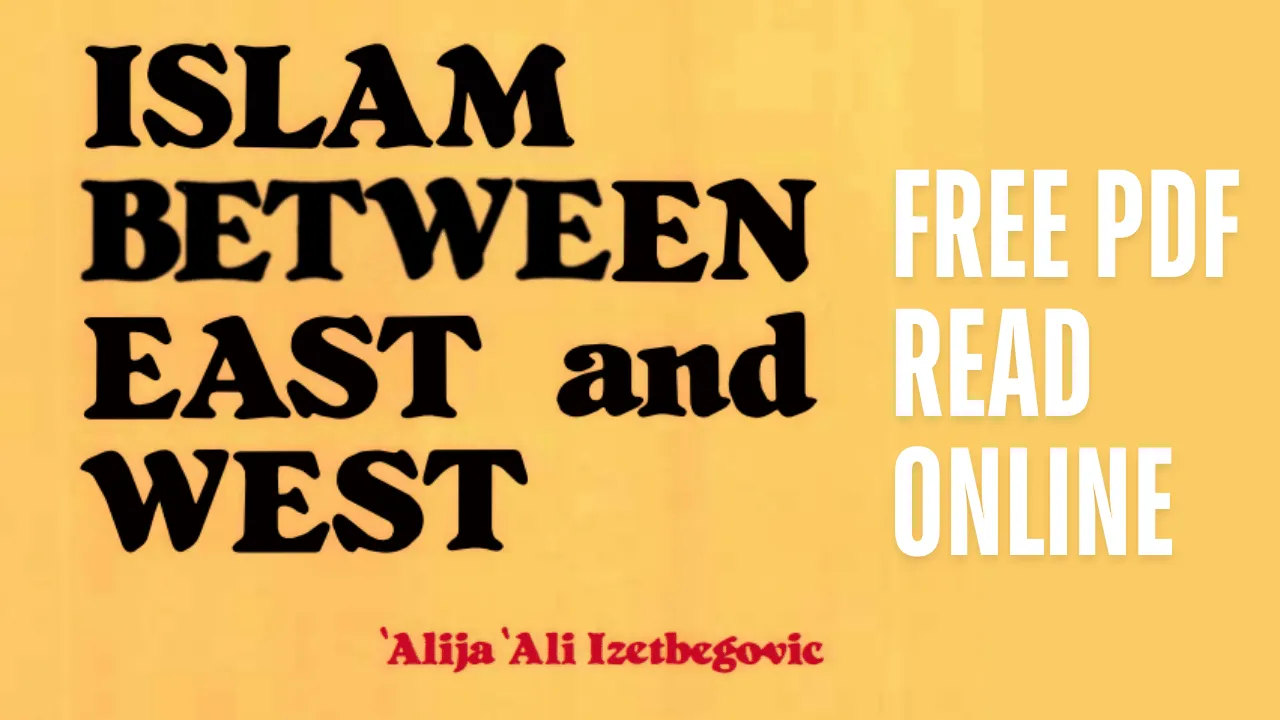
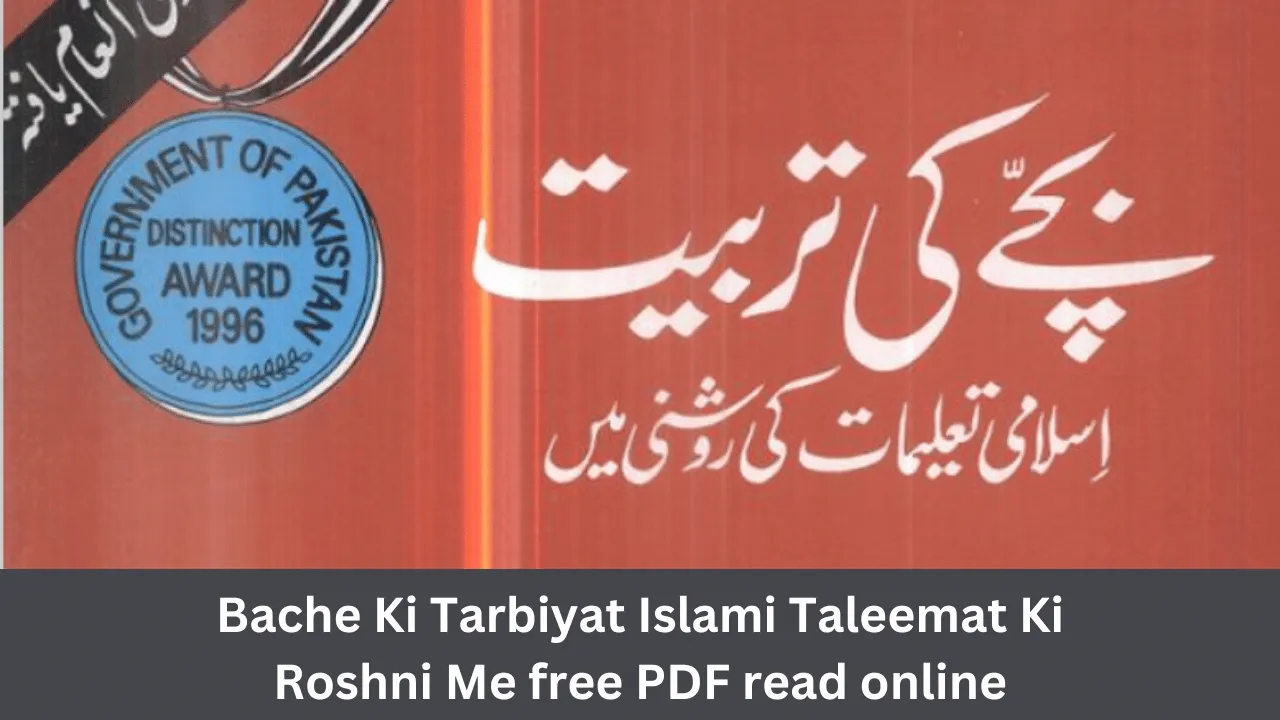








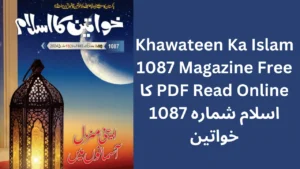

1 comment